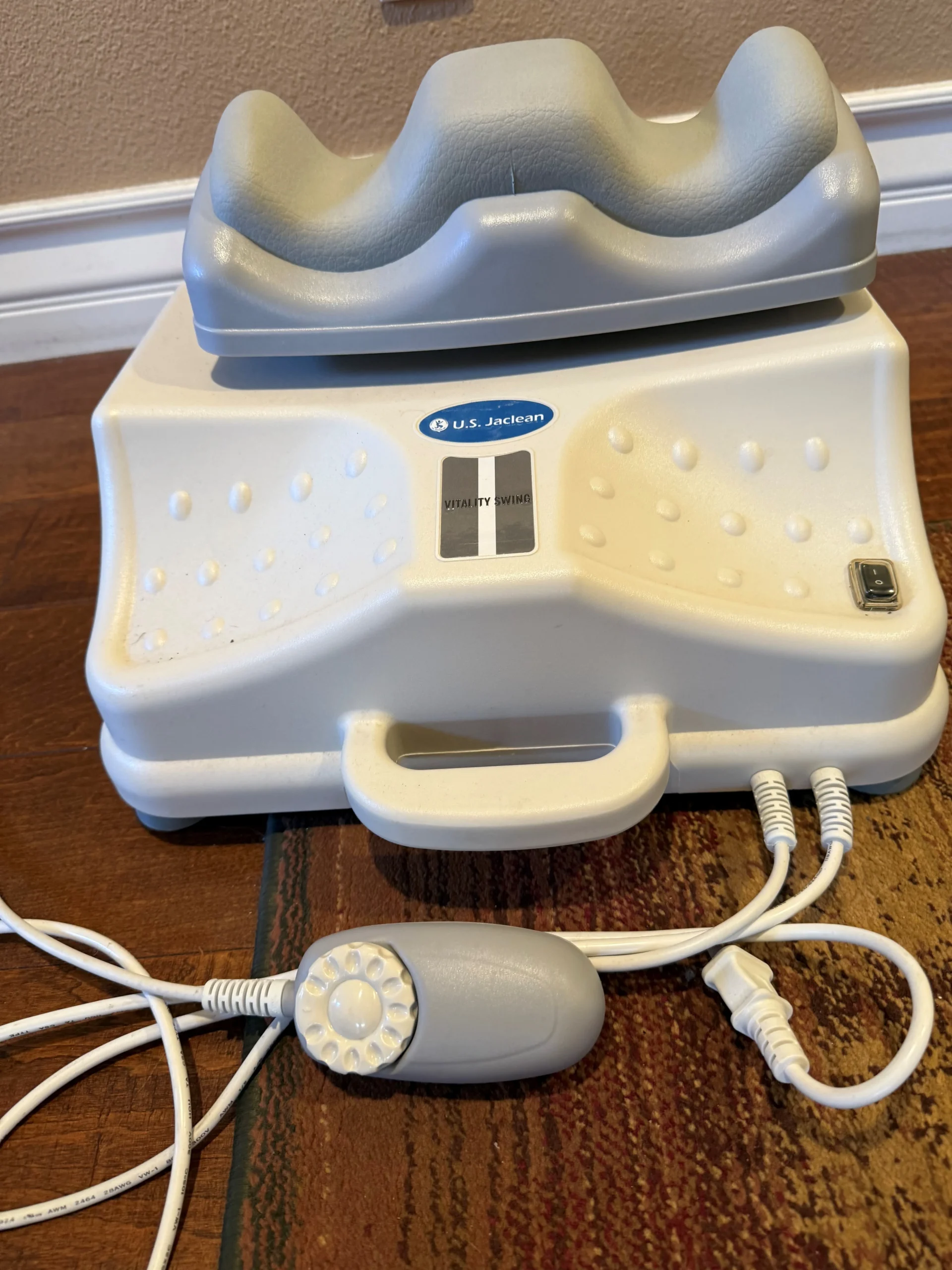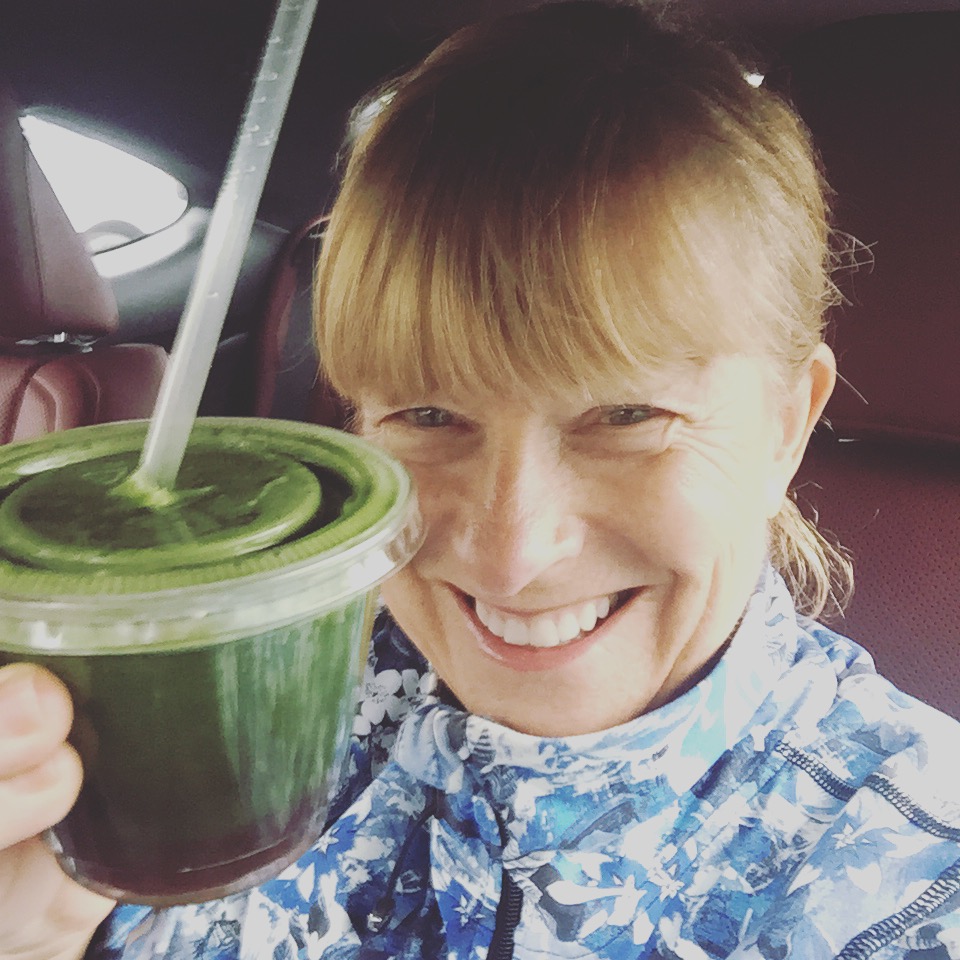 Belly fat bothers most of us. BMI, or body mass index, a common tool for gauging whether you’re overweight, may not be as good of an indicator of your health risk as measuring your waist circumference, according to research presented at the European Congress on Obesity in Lyon, France. “BMI doesn’t take muscle into account, which weighs more than fat,” says Matthew Daniels, a certified personal trainer, “Your hip-to-waist ratio is a much more accurate predictor of health risks because where you carry your fat is more important than how much body fat you have overall.” Women whose ratio is .08 or greater are at increased risk of health problems, and should target fat around the middle. Calculate yours — no math required
Belly fat bothers most of us. BMI, or body mass index, a common tool for gauging whether you’re overweight, may not be as good of an indicator of your health risk as measuring your waist circumference, according to research presented at the European Congress on Obesity in Lyon, France. “BMI doesn’t take muscle into account, which weighs more than fat,” says Matthew Daniels, a certified personal trainer, “Your hip-to-waist ratio is a much more accurate predictor of health risks because where you carry your fat is more important than how much body fat you have overall.” Women whose ratio is .08 or greater are at increased risk of health problems, and should target fat around the middle. Calculate yours — no math required
How it Works
Use a measuring tape to measure your waist (at the smaller circumference of your natural waist, usually just above the belly button) and the circumference of your hips (at the widest part of your buttocks). Divide your waist measurement by your hip measurement. Compare your result to the appropriate chart below, which is different for males and females.
| Females | Estimated health risk | Estimated body shape |
| 0.80 or below | Low | Pear |
| 0.81 to 0.85 | Moderate | Avocado |
| 0.85+ | High | Apple |
| Males | Estimated health risk | Estimated body shape |
| 0.95 or below | Low | Pear |
| 0.96 to 1.0 | Moderate | Avocado |
| 1.0+ | High | Apple |
FROM http://www.sparkpeople.com/resource/fitness_articles.asp?id=776
Although all body fat is made of the same “stuff,” where it’s stored can make a big difference





























